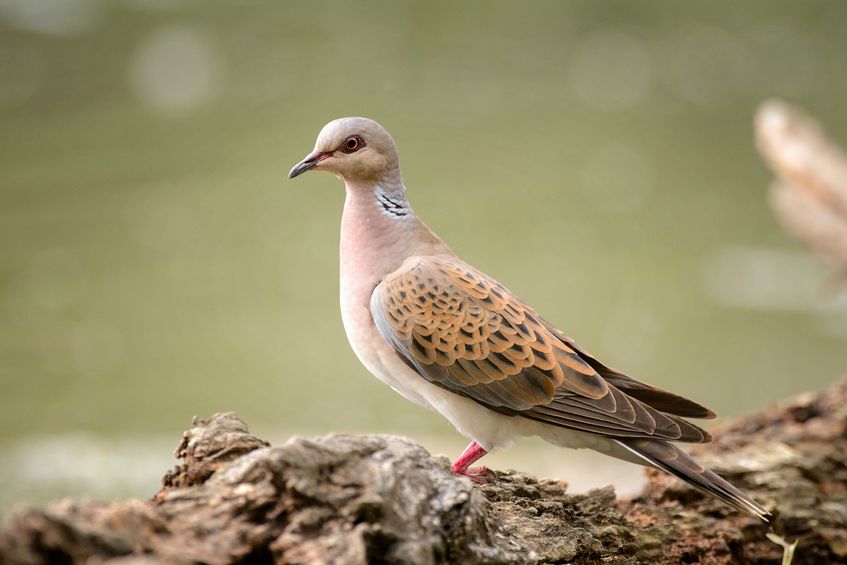
More than £300,000 has been made available to farmers in East Anglia looking to help with turtle dove conservation.
The conservation work is aimed at saving the critically endangered turtle dove, one of the UK’s most iconic farmland birds.
A new funding mechanism is being trialled to allocate a total of £320,000 to landowners providing feeding plots and other habitat improvements in Norfolk and Suffolk.
The RSPB’s project will pilot a new way of funding habitat creation for farmland species through ‘reverse auctions’ as part of the UK's new Environmental Land Management Scheme (ELMS).
These auctions have already funded a variety of land management practices and Defra is keen to see if they can deliver other more complex environmental outcomes.
The first auctions will take place from 15 February to 2 March 2021.
The RSPB warns that populations of turtle doves have plummeted by 98% since the 1970s, and turtle doves are now at risk of global extinction.
The last population estimate in 2016 suggested there were just 3,600 breeding pairs in the UK, with East Anglia being one of the species’ few remaining strongholds.
Jake Zarins, the RSPB’s senior project manager, said the project was a 'great opportunity' for farmers looking to save 'an important part of the UK's agricultural heritage'.
“We are keen to engage as many people as possible in raising awareness of the plight of the turtle dove and working in partnership with those who know best how to deliver the practical assistance these amazing birds need," he said
RSPB advisers will support farmers interested in the scheme, working with them to identify suitable nesting habitat and the best locations for feeding plots on their land.
This information is then submitted online, along with the price required to deliver this work.
Bids will be scored on price but also on the quality and proximity of nesting habitat and water to the proposed food plots.
